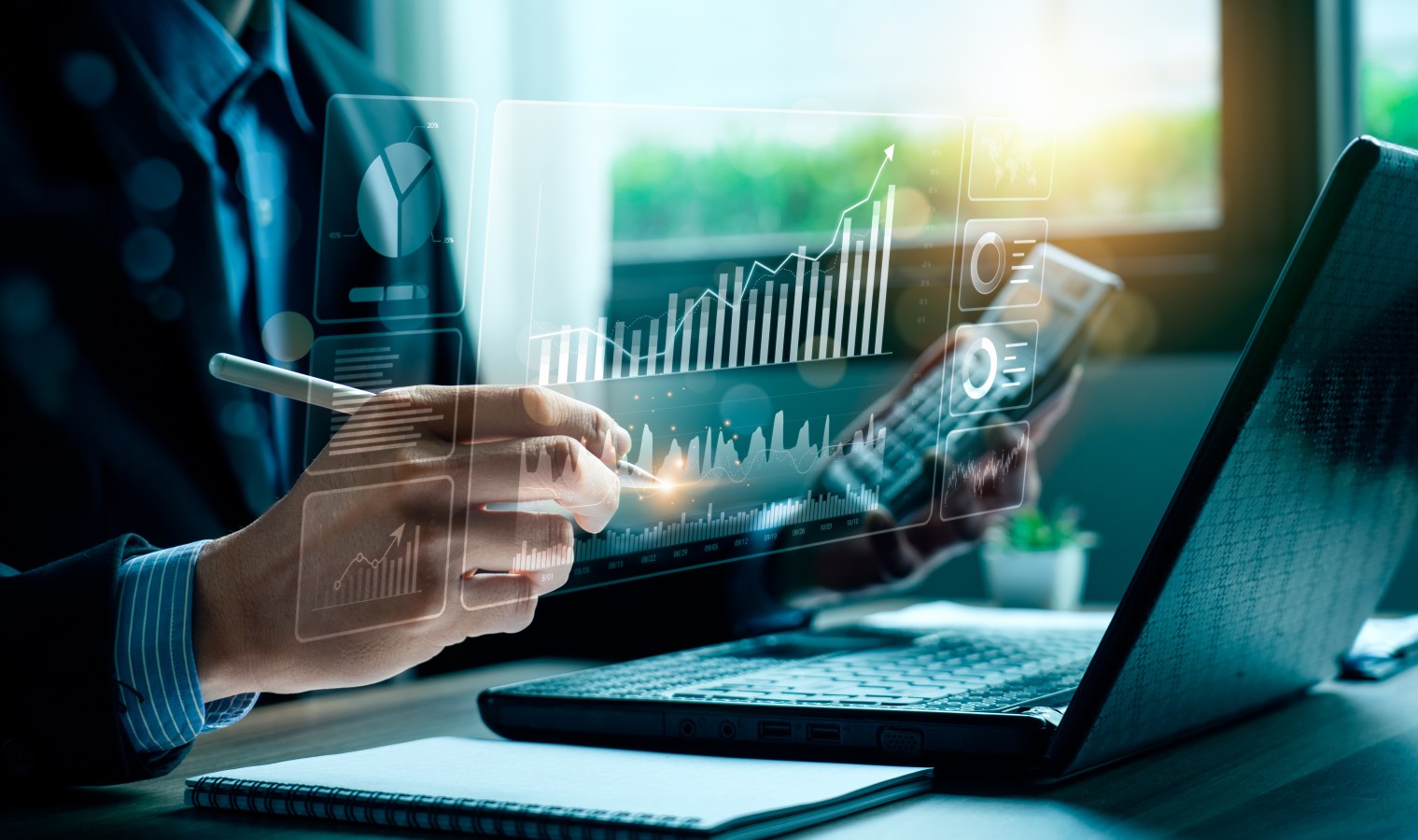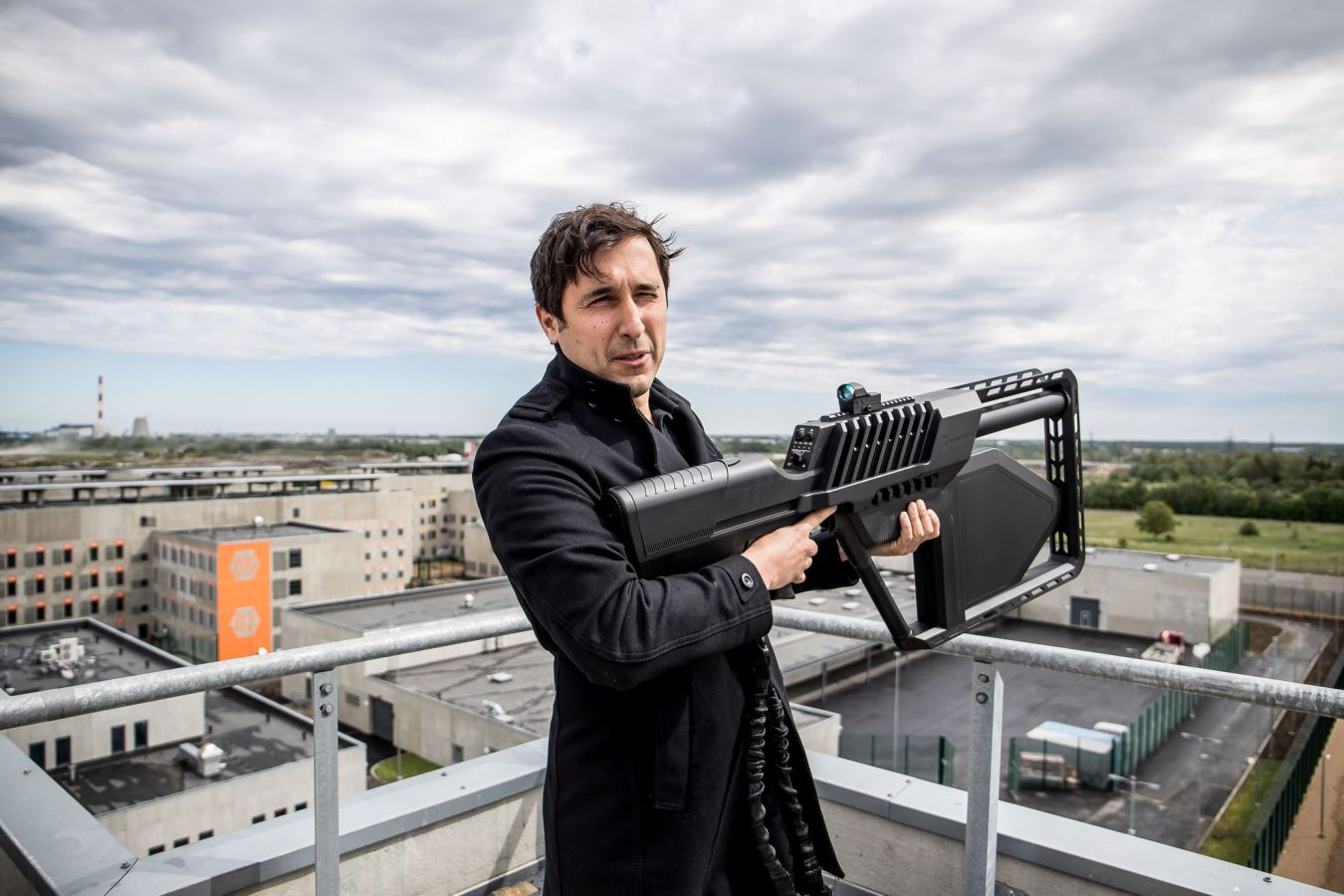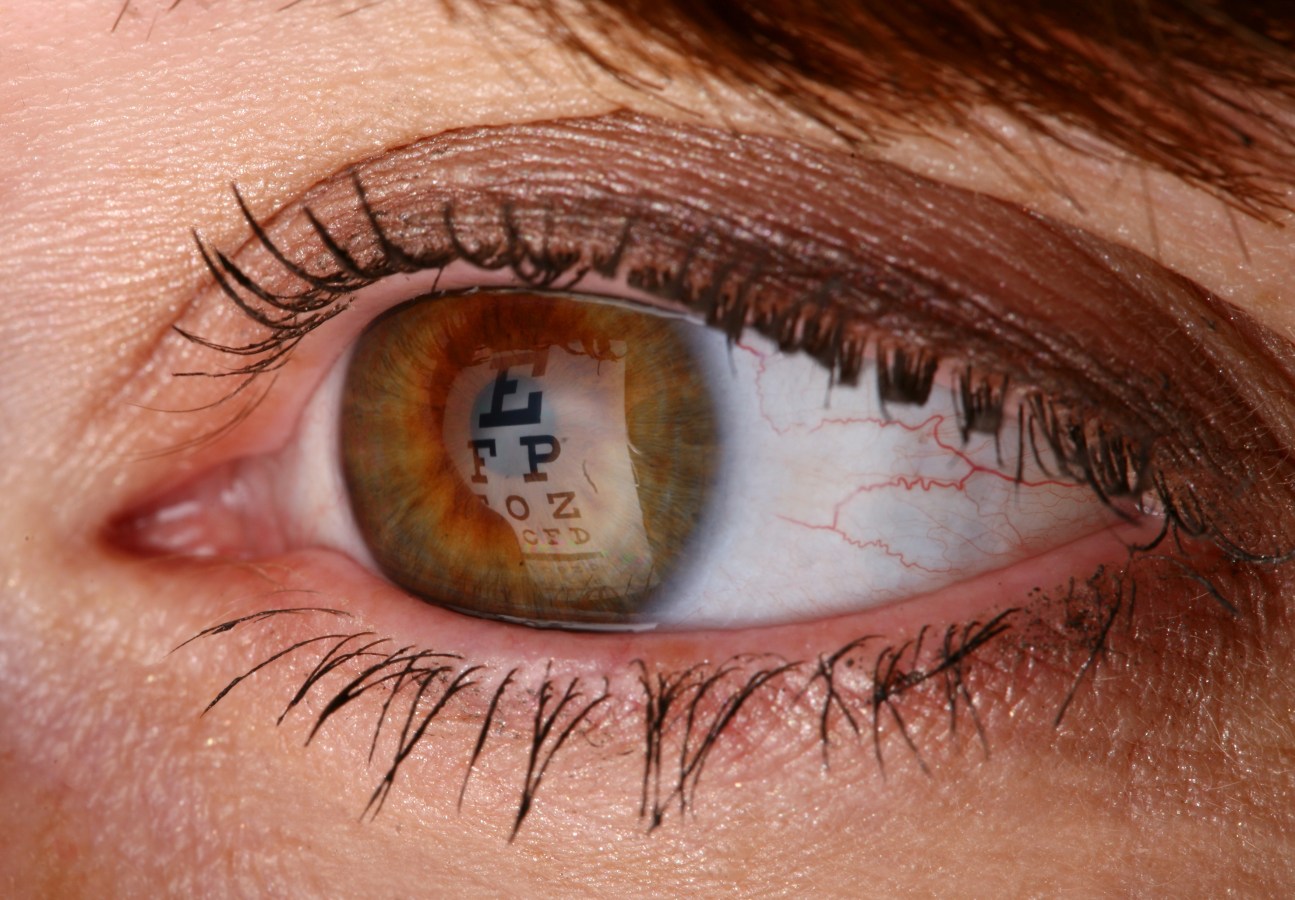Sydney will be the location for a new global engineering hub, TikTok disclosed to Forbes Australia. The new Australian AI-focused engineering team will work on TikTok products around the world and report to the Los Angeles and Singapore headquarters of the company.

TikTok’s parent company ByteDance is valued at A$338-billion, making it by far the most valuable startup in the world. Much of ByteDance’s traction and popularity is due to TikTok, which has 8.5-million Australian users and150-million users in the U.S.
The wildly popular social media company launched in Australia in 2019. It appointed former Google executives Hunter Lee and Brett Armstrong to lead the Australian operation in 2020. TikTok told Forbes Australia there are several hundred Australian employees currently.
The company is now recruiting for 30 machine learning and NLP engineers to join the Sydney team. The engineering hub will be located in its new 4000-foot Circular Quay office. The TikTok Australia Careers page lists the engineering hub roles as a part of the company’s Trust and Safety team. There are 72 Sydney positions on the Careers page and two in a new office in Melbourne.
The announcement of the Sydney engineering hub comes amid regulatory scrutiny including a contentious Australian parliamentary inquiry in recent weeks. It also follows the June resignation of TikTok’s global COO, V Pappas. Born in Australia, Pappas led TikTok’s U.S. and international operations from the Los Angeles headquarters.
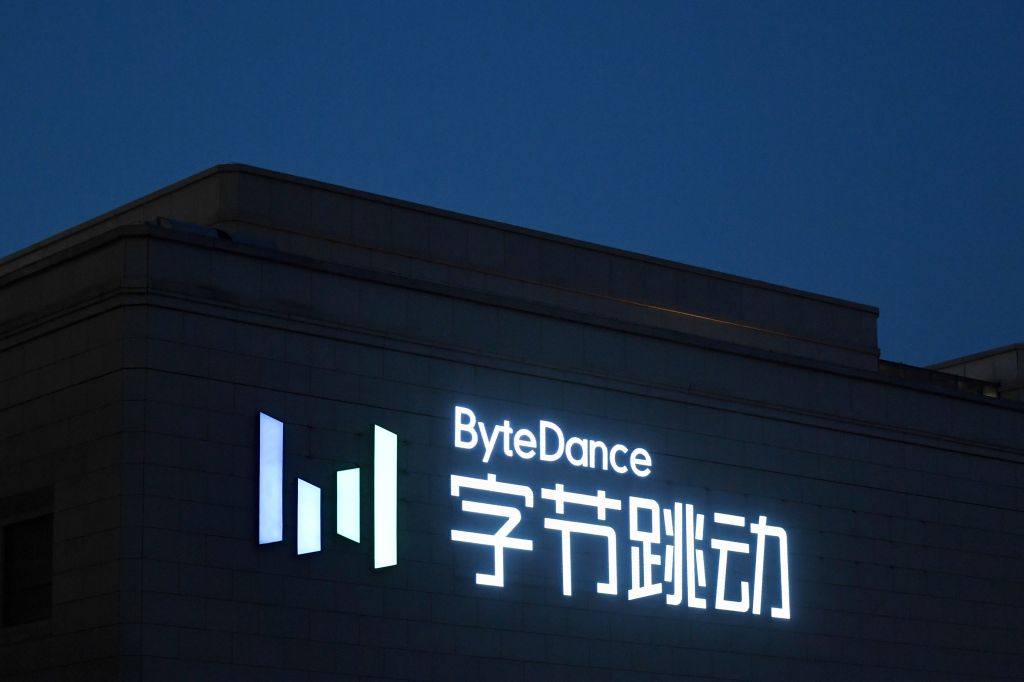
While TikTok is clear that its official headquarters are in the U.S. and Singapore, the global headquarters of ByteDance is not transparent. The TikTok website states that its owner does not have a single global headquarters.
ByteDance was founded in China in 2012 by entrepreneurs Zhang Yimin and Rubo Liang. Yimin and Liang were roommates while studying Engineering at China’s Nankai University two-hours south of Beijing.
Yimin served as CEO of ByteDance until 2021. His net-worth today is $45-billion according to Forbes data, making him the 26th richest person in the world. Yimin retained 20% ownership of ByteDance after stepping down as CEO.
Singapore-based Liang took over as Chairman and CEO of ByteDance two years ago. Liang is also a billionaire twice over, though his wealth is dwarfed by that of his co-founder Yimin. It is not known how much of the Cayman-Islands domiciled ByteDance Liang owns.
Institutional investors own around 60-percent of ByteDance according to TikTok. They include US finance firms the Carlyle Group, General Atlantic, and Susquehanna International Group.
The latter two investors occupy seats on the ByteDance board, together with an executive from Sequioa Capital Hong Kong, and ByteDance’s Singapore-based CEO.
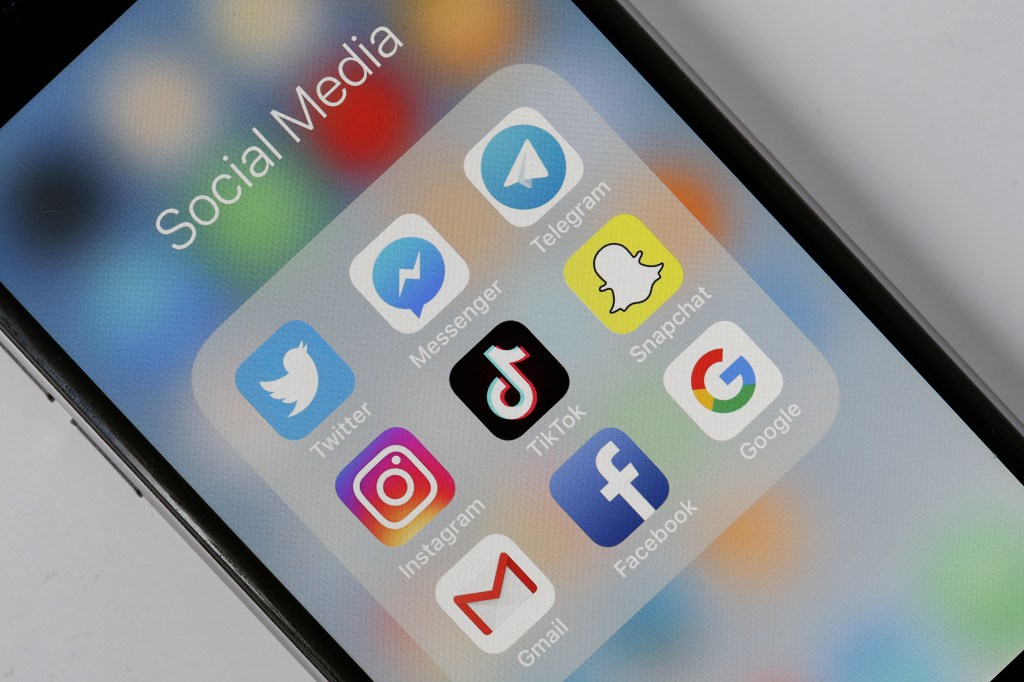
The international ownership and influence of ByteDance is a hotly contested issue. The Australian attorney general prohibited TikTok being used on government devices in April because of security concerns about data storage and access. The U.S., Europe, Canada and the U.K. issued similar mandates.
The Australian Select Committee on Foreign Interference through Social Media published a report in August stating that foreign interference is Australia’s “principal national security threat which risks significantly undermining our values, freedoms and way of life.”
During July’s Australian parliamentary inquiry into foreign interference by social media companies, TikTok’s Australian director of public policy Ella Woods-Joyce testified that TikTok collects approximate location data of users based on their IP addresses.
TikTok Australia’s General Manager, Hunter Lee, published an op-ed in the Daily Telegraph in October, stating that precise GPS location of Australian users is not collected. Lee acknowledged in the editorial that there is concern amongst Australian citizens and the government around data security. “Every Australian has the right to understand what data they are generating, what it’s being used for and to know that it is safe,” Lee said.
His op-ed states that TikTok user data is not stored in China. The company says is kept in the U.S. and Singapore, and overseen by TikTok’s US-based security team. Lee called the controls and safeguards of Australian data ‘robust.’ TikTok’s Australian website says it has not and would not share Australian user data with the Chinese Government.
